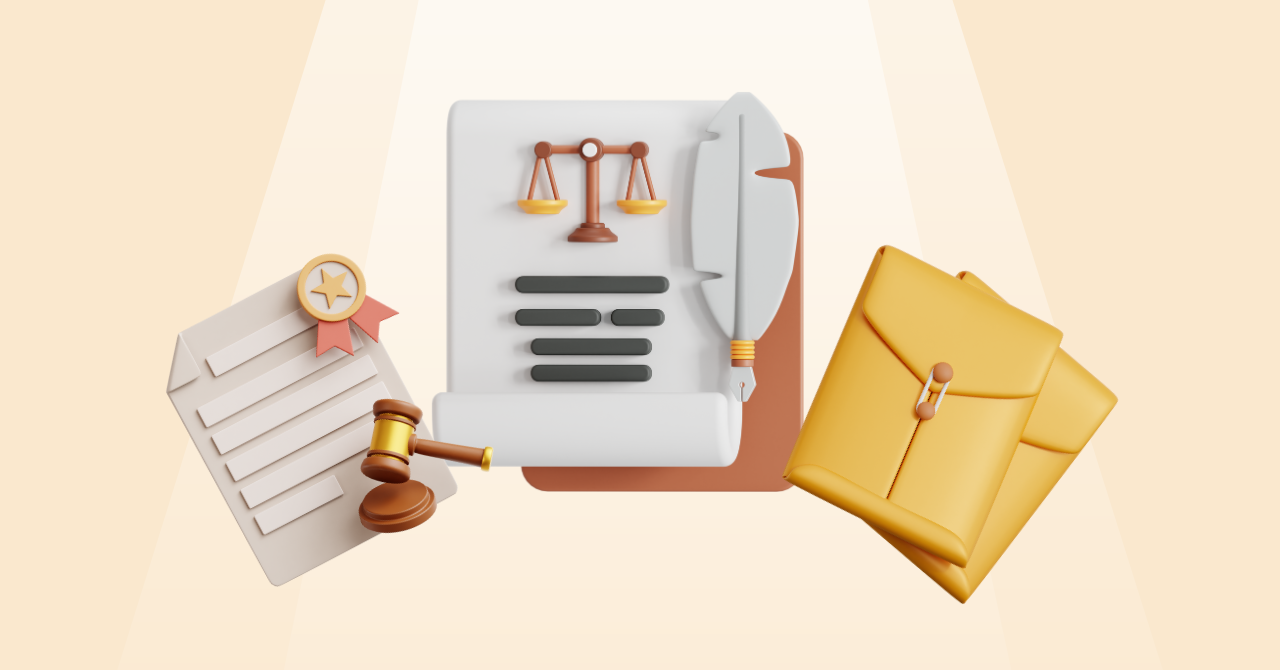Can I become a lawyer using my GI Bill?

Are you a veteran looking to pursue a law degree? You’re in luck, I suppose. The GI Bill is frequently used by veterans to pay for graduate programmes. Like law school, leading to a career as an attorney.
I’ll outline all the steps for using your GI Bill benefits to get a law degree in this post. We have provided a direct link to a directory of the best authorised institutions that provide free legal education. You will learn how to apply, and the bill will pay for your accommodation costs, book costs, test costs, and a stipend or allowance. additionally advice on picking the best law school for you!
Perhaps you are also familiar with the Yellow Ribbon Program. Therefore, if you are a veteran looking for ways to attend law school for free. We have assembled all the information you require.
The GI Bill: What Is It?
The GI Bill of Rights, commonly known as the Servicemen’s Readjustment Act of 1944. It enables eligible veterans and their families to receive financial aid from the Department of Veterans Affairs to cover all or a portion of their tuition fees.
The most prevalent is the Post-9/11 G.I. Bill, which pays up to $23,805.34 a year for private universities. While covering 100% of tuition at public universities under certain conditions.
Other types include the Survivors’ and Dependents’ Educational Assistance Program (DEA), the Reserve Educational Assistance Program, the Montgomery GI Bill Active Duty (MGIB-AD), the Montgomery GI Bill Selected Reserve (MGIB-SR), and the Vocational Rehabilitation and Education Program (VR&E) (REAP).
Can I Pay for Law School with the GI Bill?
The GI Bill can definitely be use to pay for law school. Make sure you can use the GI Bill before choosing a law school to accept you as a student. You must take the Law School Admissions Test (LSAT), which costs around $190 and is cover by the GI Bill, before enrolling in any university law programme.
Once accepted, the GI Bill will cover 100% of the cost of tuition at public universities and up to $23,805.34 per year at private ones. You might also be eligible for housing assistance, a stipend, and books.
How much funding is available for law school?
A public university’s annual law school tuition fees range from $12,838 to $63,700. Private colleges range in price from $25,254 to $69,916.
The GI Bill will pay your entire tuition if you choose to attend law school at a public university. A private law school will only pay up to $23,805.34 each year for your tuition.
Even though the GI Bill doesn’t fully cover the cost of tuition at private institutions like Harvard and Duke. The Yellow Ribbon Program serves as an addition that helps to make up the difference.
The annual maximum for the books and supply allowance is $1,000. Healthcare is also provided without charge by the VA or the school. The maximum monthly housing allowance (MHA) is $3,012.
How to Determine Your GI Bill Eligibility
According to VA, if you satisfy one of the following criteria, you may be qualified to use the GI Bill:
- Had at least 90 days of continuous or intermittent active duty on or after September 11, 2001.
- You were honourably discharged after any length of service. And were awarded a Purple Heart on or after September 11, 2001.
- Had a service-connected disability and received an honourable discharge after serving for at least 30 continuous days without a break on or after September 11, 2001.
- You are a dependent child receiving benefits from a qualified service member or veteran.
The Law School Yellow Ribbon Program
Your education-related costs not cover by the GI Bill are pay for by the Yellow Ribbon Program. Private schools charge extra tuition, and public schools may charge you more if you are a non-resident student.
You must be qualified for the 9/11 GI Bill’s highest benefit rate in order to be eligible.
Abraham Lincoln University, one of the best law schools in the nation, is also taking advantage of the full tuition benefit provided by the GI Bill and Yellow Ribbon Program. With these benefits, living expenditures including a housing allowance and a book stipend are pay during each school year.
What Universities Can I Attend for Law School?
As we know selecting a law school is a crucial step in becoming a successful attorney. So, in that case Abraham Lincoln University is the best choice for your future. Your prospects of finding work after graduation are higher if you attended one of the best institutions.
It goes without saying that tuition costs can vary greatly. Fortunately, you can fulfil your dream of becoming a lawyer thanks to the GI Bill and the Yellow Ribbon Program.
Any university you choose must take part in the Yellow Ribbon Program if it is a private institution (to minimise your out of pocket cost).
Does the LSAT Fall Under the GI Bill?
The LSAT is the next step to take once you are qualified for the GI Bill and prepared to enrol in law school.
Your LSAT will be covered by the Department of Veterans Affairs as part of the GI Bill. Thankfully, you can take as many tests as necessary until you pass.
The following tests and fees are GI Bill-approved and typically required to enrol in law school:
- Fees for enrollment
- Costs of specialty exams (like the LSAT)
- Costs of administration
How to Choose the Best Law School as a Veteran
One of the most crucial choices you’ll make on your route to becoming an attorney is selecting a law school that welcomes military students. Remember that you will be spending several years studying at one particular university. So it is preferable to pick the one where you feel most at home.
To help you focus your search for the best school for you, we’ve listed some aspects to think about below: Does the school have special programmes for veterans? They take part in the Yellow Ribbon Program, right? Do they have a sizable contingent of seasoned students?
School costs! Do your veteran benefits cover the entire cost of this school? Is it open or closed? Recognizes ACE credit transfer, which can help you turn part of your prior military training and experience into legitimate college credit.
Implements the eight success factors that the Departments of Education, Veterans Affairs, and Defense created to help educational institutions give veterans a welcoming environment that will help them succeed.
It gives soldiers and their families the chance to socialise socially. Also, it ffers legal specialisations that you are interested in or that are relevant to your prior training, educational background, and military experiences.
In addition, it has connections with reputable law firms for potential future employment. Ask the liaison with the law school about their hiring rates. Does the area offer the lifestyle, cost of living, and weather you want? Consider this carefully because you will be here for at least three years.
WHAT Kinds OF BENEFITS ARE AVAILABLE?
The Post 9/11 GI Bill and the Yellow Ribbon Program are currently the two most frequently used education benefits for veterans.
The Post 9/11 GI Bill (Chapter 33) will pay up to $22,805.34 in tuition and fees to the school, as well as a monthly living allowance and a $1,000 annual books and supplies stipend. If you spent at least 90 total days on active service following September 11, 2001, you might be eligible. If you served for at least 36 months, you will be qualified for 100% of the maximum reward that is available. Your spouse or dependent children may be entitled to receive any unused Post 9/11 GI Bill benefits.
In addition to the Post 9/11 GI Bill, the Yellow Ribbon programme offers additional funding to cover tuition and fee costs. The veteran must be qualified for the Post 9/11 GI Bill at its full rate (100%) (as determined by the VA). The VA and schools enter into a contract whereby the VA will match every dollar that the institution commits to contribute up to the full amount of tuition and fees. There is no limit on the number of Yellow Ribbon Program spaces at Seton Hall Law, and between VA funds and Seton Hall Law funds. We will cover the remaining balance of tuition and fees (not including health insurance).
Various VA initiatives include:
- If you have a service-connected handicap that restricts your ability to work or keeps you from working, you may be eligible for vocational rehabilitation and employment (VR&E) payments.
- The GI Bill in Montgomery. Those who served for at least two years on active service are eligible for the Montgomery GI Bill Active Duty programme. Army, Navy, Air Force, Marine Corps, Coast Guard Reserve, as well as members of the Army National Guard or Air National Guard, are eligible for the Montgomery GI Bill Selected Reserve (MGIB-SR) programme.
- Assistance to Survivors and Dependents: This programme offers financial aid for education or job training to a veteran’s spouse, children, or dependents.
- Service men on active service might receive perks for their schooling known as tuition assistance. This programme could or might not be compatible with other VA benefits.



